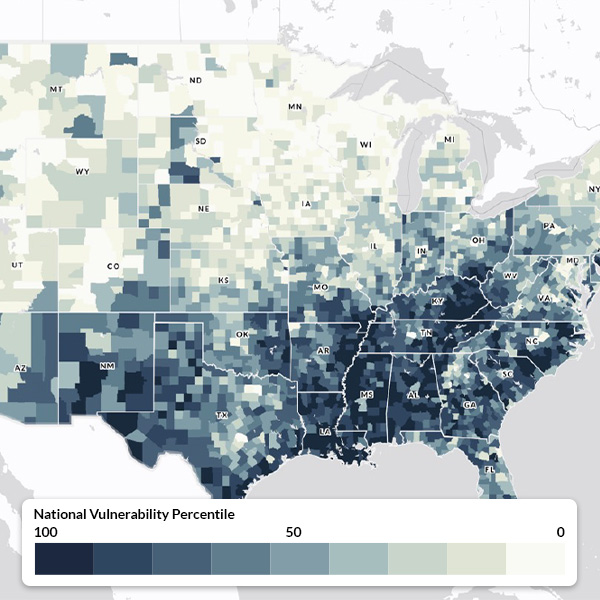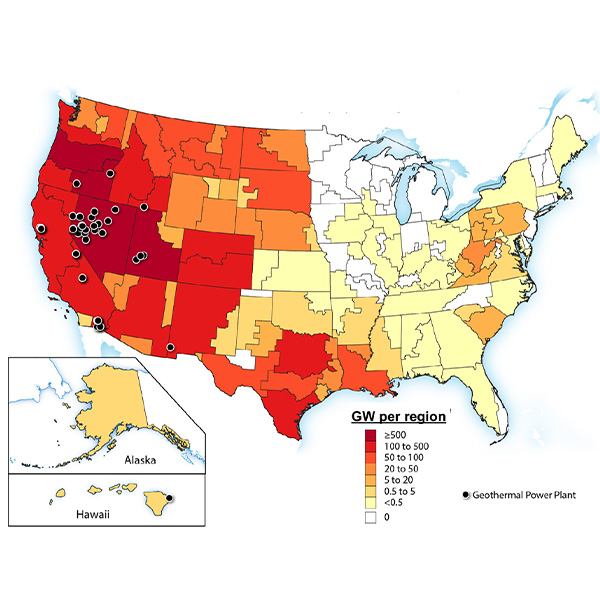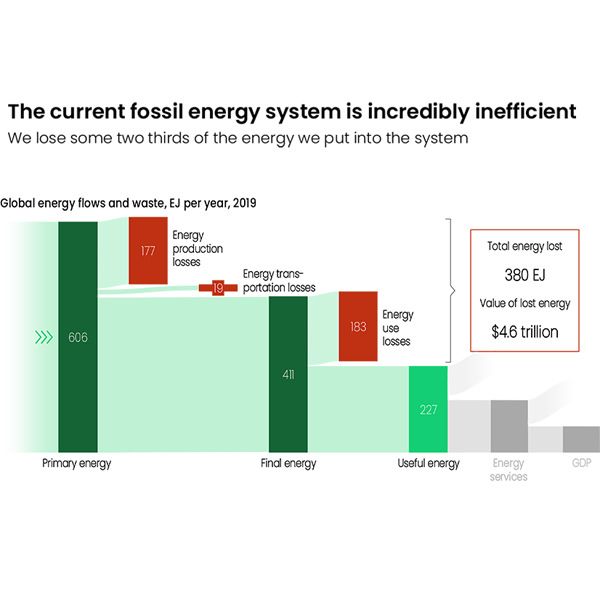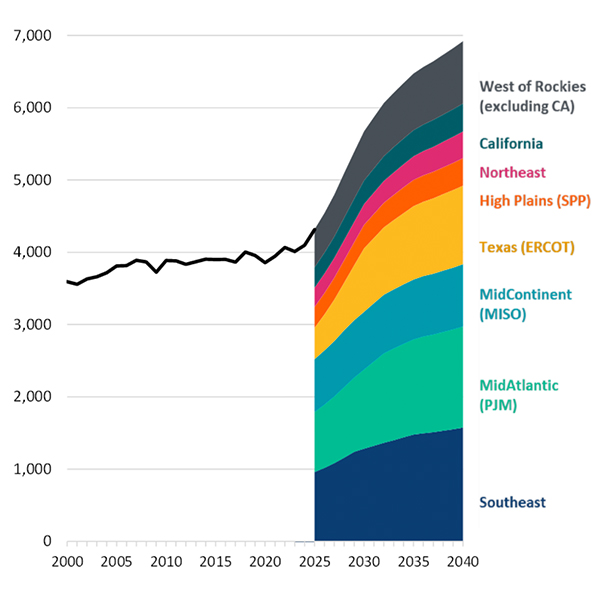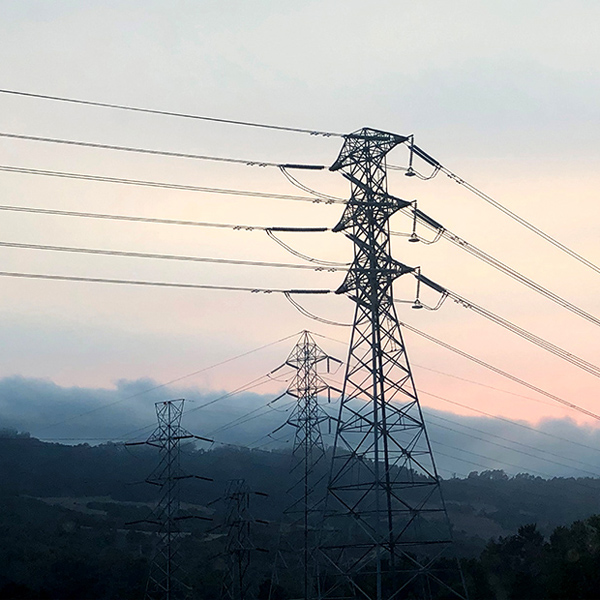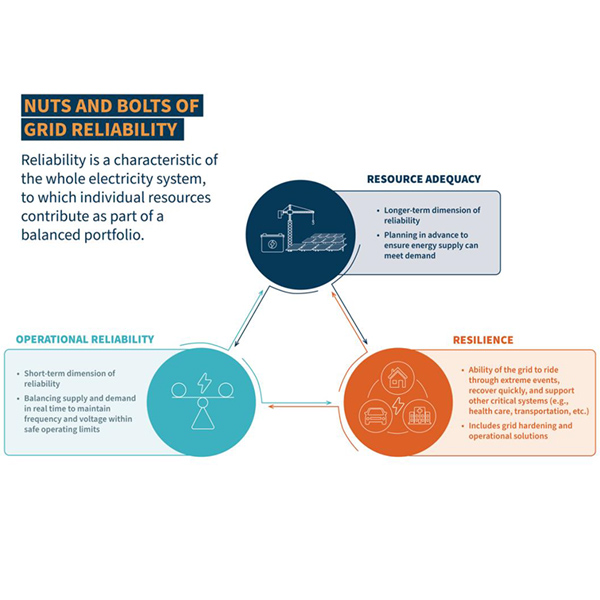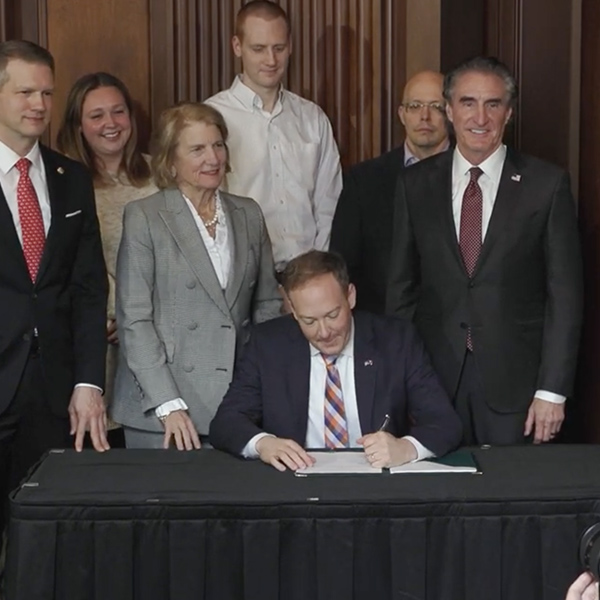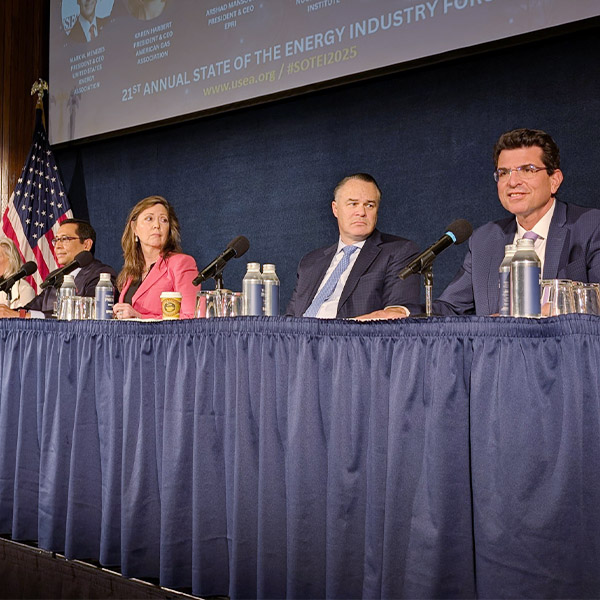Technology
Planning for the grid of the future requires increasingly sophisticated prognostication, and the industry needs to look to new data sources to model the grid of tomorrow, says columnist Dej Knuckey.
All seven clean energy technologies evaluated for a new report might someday help New York reach its decarbonization goals, but each would require innovation and support to reach that potential.
Renewable energy and associated clean technologies – like electric vehicles and heat pumps -- are two to four times more efficient than fossil fuels for generating electricity, says columnist K Kaufmann.
A CATF report argues that planners need to use demand-side resources, grid-enhancing technologies and other quick-to-deploy resources as part of a "least-regrets" effort to meet growing demand.
Government job cuts have been a major theme of the Trump administration, and while DOE has faced some cuts former officials say are already significant, many more employees are going to leave in the months to come.
The CEC on approved revised guidelines for a reliability program after the state’s utility regulator said the effort could undermine certain benefits of a separate reliability program run by Pacific Gas and Electric.
The current debate in the U.S. electricity sector pitting efforts to increase renewables against the need for grid reliability in the face of growing demand could be unnecessary and counterproductive, according to one expert.
West Virginia is the fourth state to be granted primacy for permitting Class VI wells.
Puget Sound Energy and Modern Hydrogen have launched an initiative aimed at expanding hydrogen technology among large gas customers to meet decarbonization goals.
The Energy Association's 21st Annual State of the Energy Industry Forum reflected the quickly shifting landscape of national energy policy and the resulting shift in industry priorities and narratives.
Want more? Advanced Search
